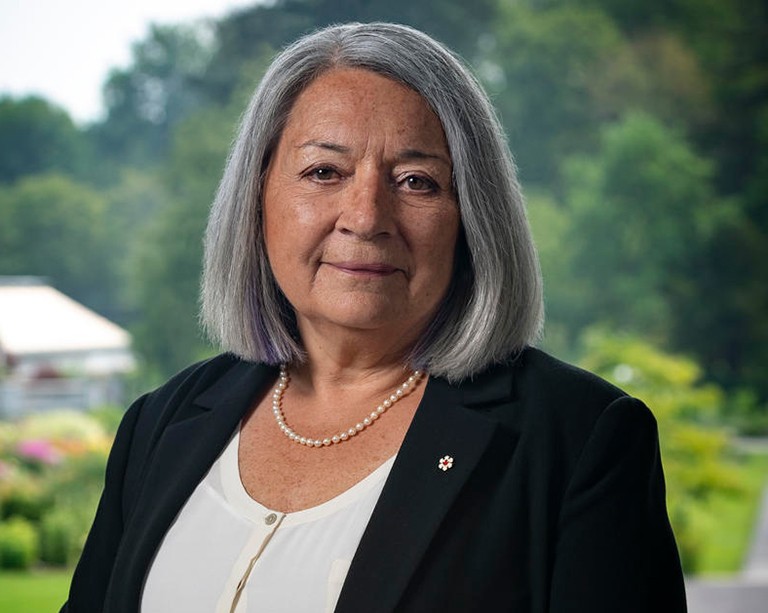‘It’s a marriage between psychology and the arts’

Concordia’s Department of Creative Arts Therapies (CATS) has a new initiative called the Arts in Health Research Collective (AHRC). Its primary goal? To focus on research collaborations between creative arts therapists and community partners in the field of arts and health.
The urge to create the group arose from two perennial issues facing the department: volume and visibility.
“We have so many research projects going on that have to do with arts and health,” says Yehudit Silverman, chair of CATS. “We felt it was essential to have a hub where they could all be highlighted.”
The three pillars of therapeutic practice
The collective embodies the wide variety of research undertaken in the department.
Its core members represent four areas of therapeutic practice: art, music, drama and dance. Their projects range from inquiries into societal and community issues to a clinical focus on personal and small group dynamics.
Laurel Young is an associate professor of music therapy and a member of the Centre for Research and Expertise in Social Gerontology (CREGÉS). Her research looks at the topic of aging and wellness.
Meanwhile, associate professor Josée Leclerc has teamed up with the Montreal Museum of Fine Arts (MMFA) to work with people with eating disorders.
Many AHRC projects profit from deep connections to academics, professionals and community groups outside Concordia and across the country. In addition to the MMFA, faculty are working with Les Grands Ballets Canadiens de Montreal and Inuit nations in Quebec.
‘Multi-partnered and multi-sectored’
Sandra Curtis is co-investigator in a McGill-led research partnership that was awarded a $2.5 million Social Sciences and Humanities Research Council of Canada (SSHRC) Partnership Grant to address sexual violence against women on university campuses across Canada and internationally.
“It’s multi-partnered and multi-sectored, so we are looking at community partners and academic research groups,” Curtis explains.
“We are investigating specifically how music can be used as an agent for social change and for the improvement of people’s personal lives and their socio-political situation.”
She and Young are also both recognized research members at Concordia’s PERFORM Centre.
Training key to partnerships
Silverman herself is working on a project related to suicide called Seeds of Hope which is also connected to the MMFA.
“I work with diverse communities of people affected by suicide. They come to the museum to do workshops and mask-making. It’s an important project that also involves Inuit communities.”
The MMFA will hold an exhibition of the masks in March and April 2017 in its new art therapy wing in the Michal and Renata Hornstein Pavilion for Peace.
The ultimate goal of Seeds of Hope is to create a tool to be used by frontline workers. Silverman’s project is a good example of the kind of applied research performed by the collective. As a creative arts therapist, she is developing arts-based tools and training that her partners can eventually integrate into their specific context. The final product will belong to both parties.
This specialized training approach to arts-based therapy plays an important role in every project.
“It’s the arts, but in the context of training people to work therapeutically,” Silverman explains. “It’s a marriage between psychology and the arts. We’re working with kids who have been abused, people with mental health issues and communities facing serious social issues — so it’s a very complex and comprehensive training.”
Avenues for cross-pollination
Silverman has seen an explosion in the arts and health movement. Concordia hosts the only creative arts therapy department in Canada containing all three disciplines. This gives the AHRC a natural base from which it can increase visibility around the profession and connect arts practitioners with the health sciences.
“Part of the reason we’re doing this is to state our identity as researchers and practitioners,” Silverman says. “This is our field, our area of expertise. People can see the projects and their own potential involvement in it. We would like to promote cross-pollination within the department, the faculty and the university.”
Explore all of the Arts in Health Research Collective’s projects.
Find out more about Concordia’s Department of Creative Arts Therapy.


